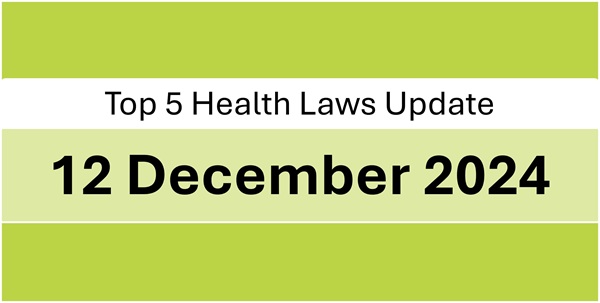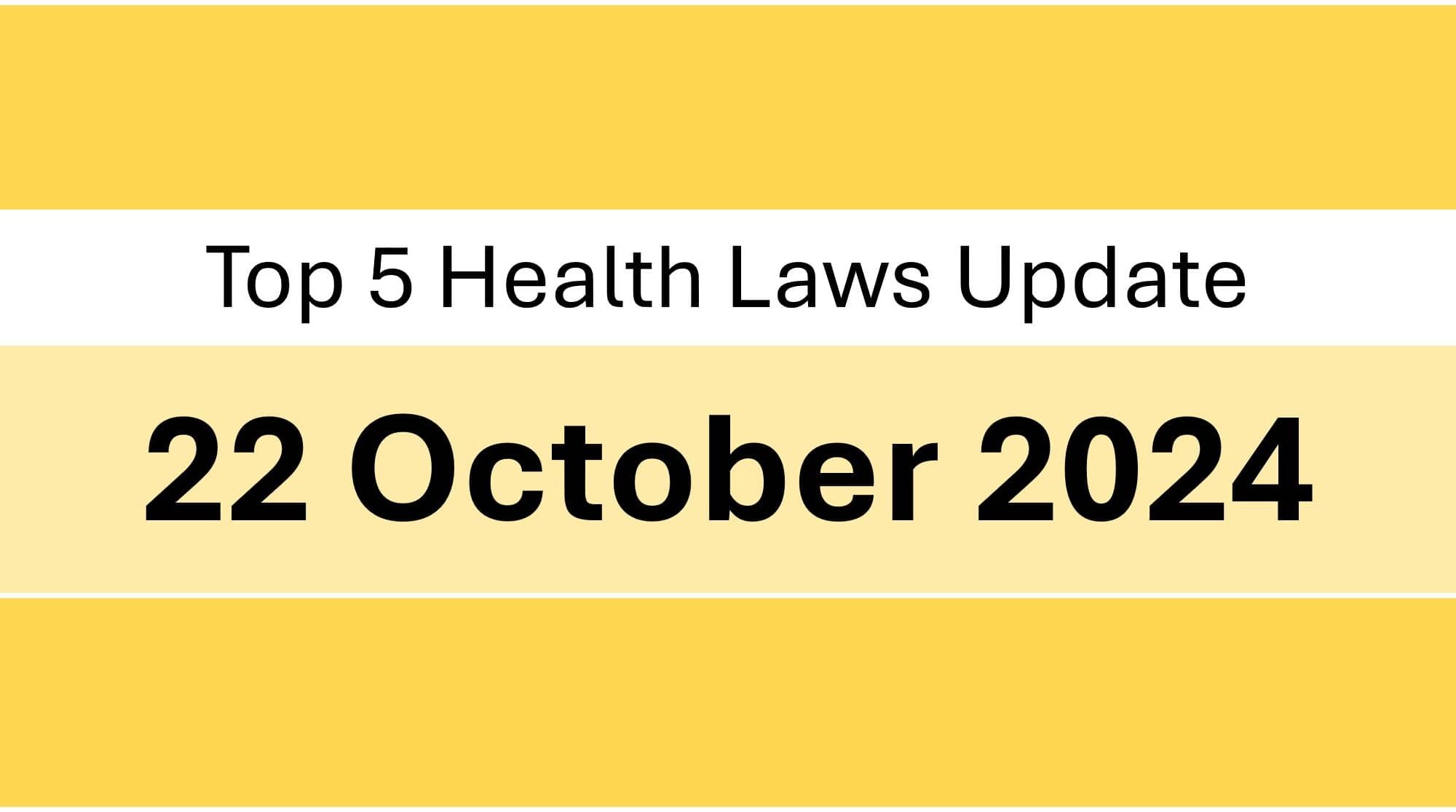Dear Readers, we are happy to share the most interesting legal and policy updates concerning health industry that we read today. We hope you enjoy reading it.
1. A Public Interest Litigation before the Bombay High Court is being opposed by the Association of Oral and Maxillofacial Surgeons of India, arguing on the basis of a notification of the Dental Council of India dated 6th December 2021, that specialized Oral and Maxillofacial Surgeons registered with State Dental Councils should be permitted to carry on hair transplant surgeries.
Source: bit.ly/49yFtLx
2. The Central AYUSH Minister (Ayurveda, Unani, Siddha and Homeopathy) has stated in response to query in the Indian Parliament, that the ministry has followed a policy of co-location of AYUSH facilities at primary healthcare centres to encourage patients to make choice of treatment.
Source: bit.ly/41ssp8c
3. A lawsuit has been filed in the United States against the manufacturers of consumer food products, alleging that the products manufactured by the companies are “ultra-processed” and prone to causing chronic diseases among consumers.
Source: bit.ly/4goMQXO
4. The Union Health Ministry of India has reportedly urged states to classify snakebites as a notifiable disease, meaning it must be reported to the government by hospitals. This follows the launch of the National Action Plan for Prevention and Control of Snakebite Envenoming (NAPSE), which aims to reduce snakebite deaths by 50% by 2030. One of NAPSE’s recommendations is that snakebites be made a notifiable disease to better track and address the issue.
Source: bit.ly/4gxDPvG
5. The Ministry of Health and Family Welfare has stated that data on disciplinary actions against Registered Medical Practitioners (RMPs) over the past five years is not centrally maintained. It has advised states to promote the prescription of generic drugs and conduct prescription audits in public health facilities. The Indian Medical Council’s 2002 regulations mandate that physicians prescribe drugs by their generic names, legibly and preferably in capital letters, ensuring rational and appropriate use.
Source: bit.ly/3ZRLujb


